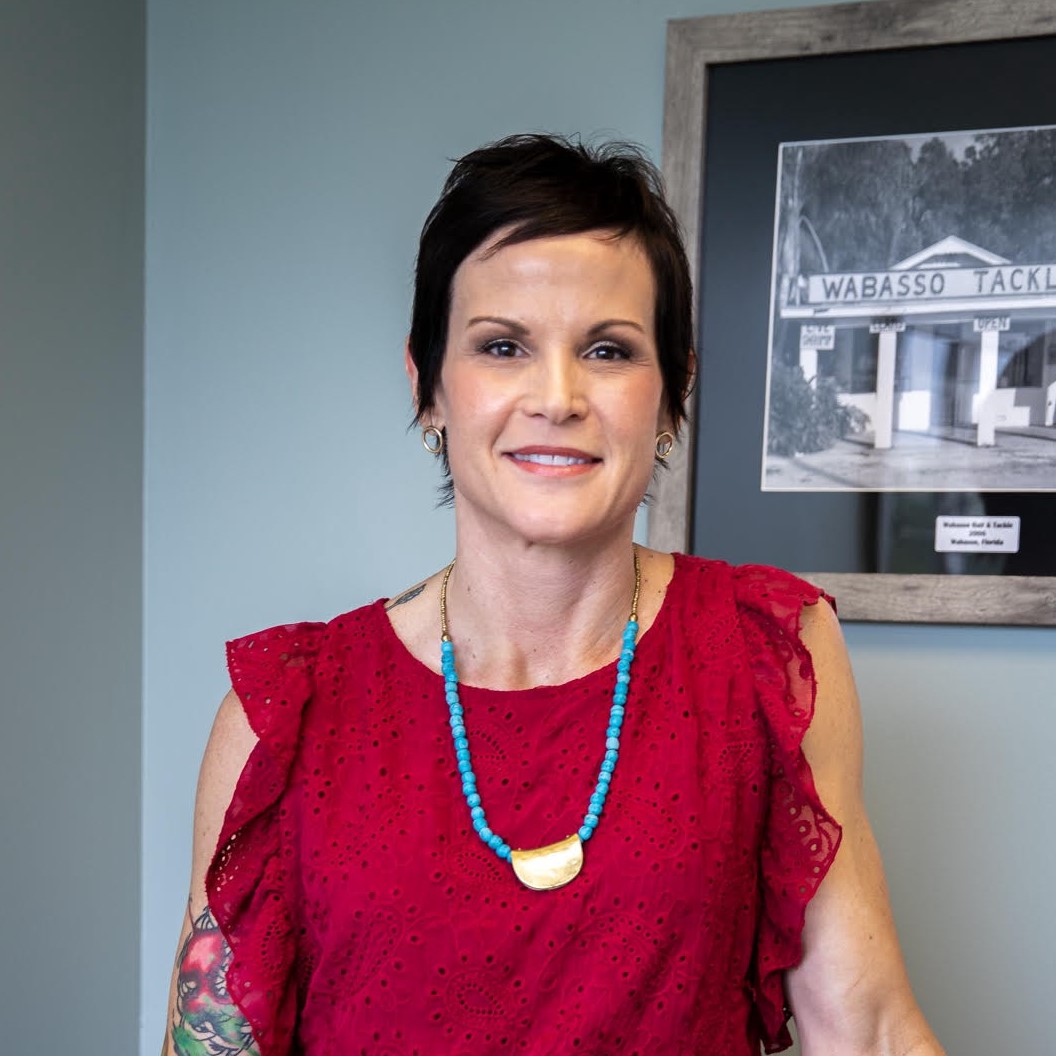I haven’t checked my Thesaurus, but I’m certain that a synonym for the word franchise is scalability.
That’s the lure isn’t it? The idea that you can turn your service company into a chain of lube and oil, home delivery or whatever, has your heart palpitating. Dozens, maybe hundreds of businesses with your logo flashing brightly, bringing in mega revenue.
A way of doing business
Truth be told, I have no opinion on this matter. I’ll just quote Robert Purvin, who wrote a best seller on the franchise industry: “Franchising is just a way of doing business; it’s not a script for success,” he says. “The world is constantly evolving, and all of those ‘proven’ systems have to evolve, too. Proven success does not guarantee success tomorrow. Look at McDonald’s: Thirty years ago, it was focused on burgers and shakes; now it’s a coffee shop. It has constantly innovated. Any company standing still and focused on its ‘proven method’ is a company that will be a dinosaur.”
Okay, with that word of caution, the fact is McDonald’s is still – well McDonald’s. Burger King is still hanging around. Midas is still keeping your car driving quietly on the road. Franchises can succeed, do succeed. Scalability has its rewards.
Pain points of scalability
But scalability also has its pain points. Its challenges. Its disasters. Scalability means your franchise is multi-layered, more complex than running that single business. Different local markets present different marketing challenges. Location, location, location is only one facet of operating your chain.
So, what’s the secret to creating scalability = success franchise?
Andrew Alfano, of Retro Fitness, has a strong handle on the process.
In my interview with Andrew he pulls no punches. He’s down to earth, tells the story warts—and all.
There’s no magic formula. He discusses many aspects of building a successful franchise. Community involvement. Knowing what your audience truly wants. As an example, clients come to Retro Fitness gyms for the social aspect, working with others rather than home alone.
What I find most impressive is that the points he brings out transcend the franchise industry. They’re rock-solid thoughts for managing any service business. Whether you build your service company vertically or build it out horizontally as a franchisor, you are confronted by similar complex challenges. Either way, Andrew Alfano’s interview will give you clear heads-up on the process.







